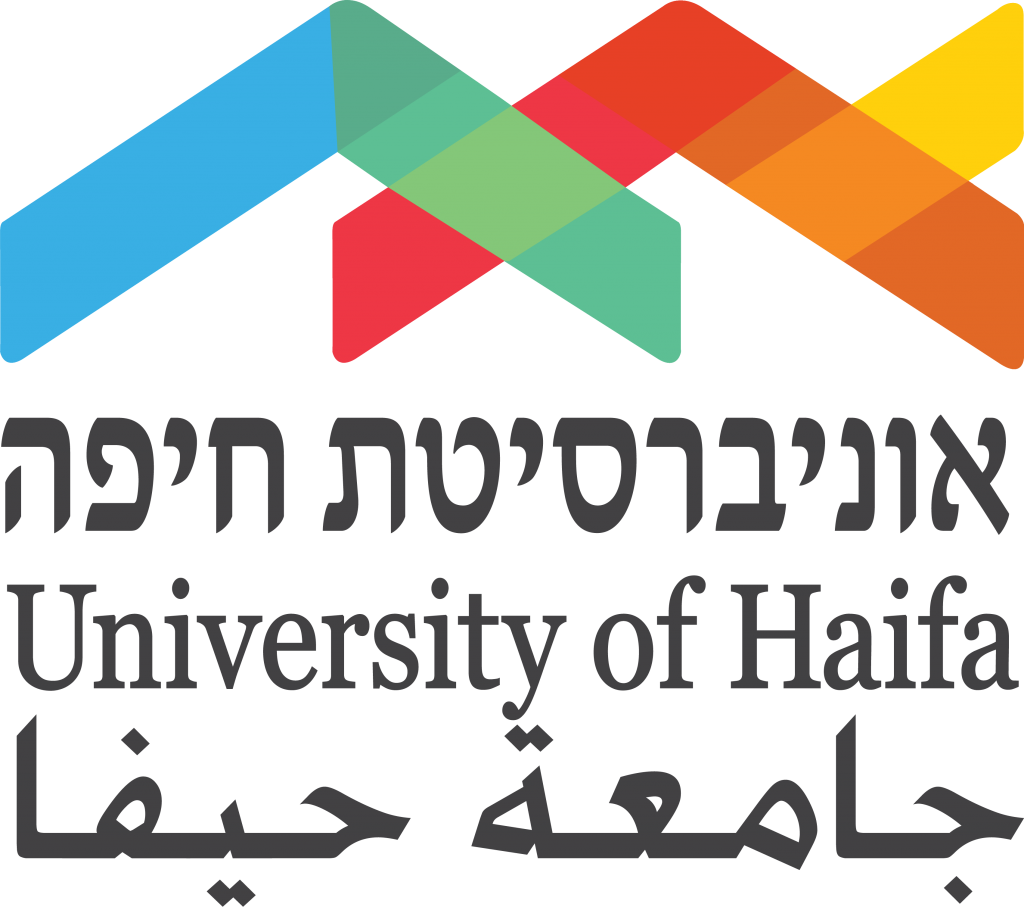
Prof. Raphiq Ibrahim
04-8288115
Head of Program: Clinical Arabic program in Learning Disabilities
Personal Website: https://ri.edu.haifa.ac.il/
https://scholar.google.com/citations?user=dX9QEUkAAAAJ&hl=en
My main research interests are in psycholinguistics and neuropsychology. Taking an interdisciplinary perspective, my work focuses on the cognitive and neurocognitive underpinnings of visual word perception, reading processes, speech perception and production. Specifically, the combination of three major levels: brain, cognition and behavior are a key element of my approach to the study of typical and atypical development of language abilities.
- Cognitive and Neurocognitive Underpinnings of Visual word Perception
- Reading Processes
- Speech Perception and Production
Psychological and Neuropsychological Assessment in Clinical Practice
1988 B.A. Psychology, Faculty of Behavioral Sciences, Ben-Gurion University
1993 M.Sc. with distinction, Neurobiology (Neuropsychology), Hebrew University
1997 PhD, Cognitive Psychology and Education, Doctor of Philosophy, Hebrew University
1998-9 Post doctorate, Department of Psychology and Institute of Information Processing and Decision Making (IIPDM), University of Haifa
1999 Psychology board certification, Rambam Medical Center and Ministry of Health, Licence No. 6121
- Asadi. I., Khateb, A., & Ibrahim, R. (2017). What contributes to spelling in Arabic? A cross-sectional study from first to sixth grade. Writing Systems Research. 9(1), 60-81.
- Asadi. I., Khateb, A, Taha, H., & Ibrahim, R. (2017). How do different cognitive and linguistic variables contribute to reading in Arabic? A cross-sectional study from first to sixth grade. Reading and Writing. 30(9), 1835-1867.
- Eviatar, Z., Ibrahim, R., Kirletz, T., & Ben-Semon, A. (2018). Speed of Reading Texts in Arabic and Hebrew. Reading and Writing.
- Asadi. I., & Ibrahim, R. (2018). “Simple View of Reading” in transparent and deep versions of the Arabic script. Reading Psychology.
- Khatteb Abu-Leil, A., Eviatar, Z., & Ibrahim, R. Literacy in multiple Arabics: Effects of diglossia and orthography. Reading and Writing.
- Maroun, L., Ibrahim, R. & Eviatar. Z. Subtypes of dyslexia in Arabic: Evidence from behavioral and neurocognitive measures in skilled and disabled readers. Dyslexia

